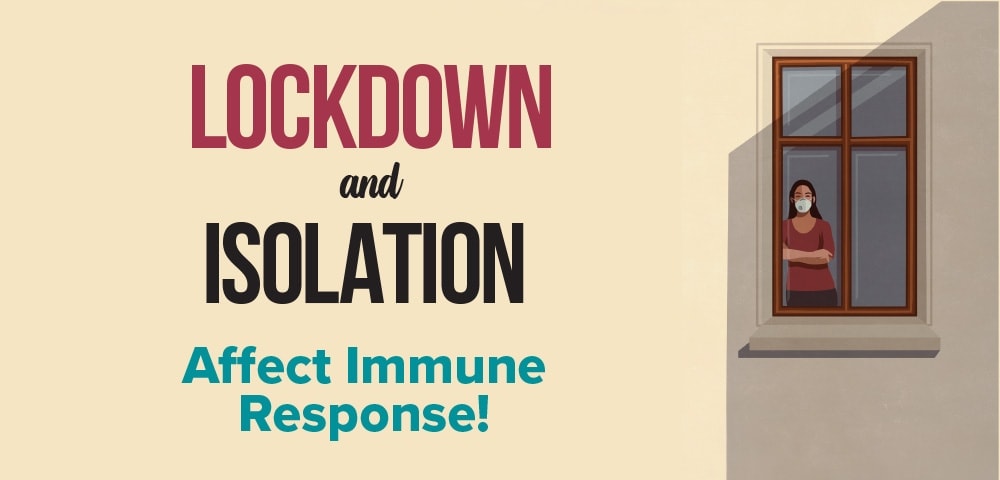
“Every time we change the world, we change the microbes.”
Two years into the COVID-19 pandemic, researchers are trying to sort out the dangerous effects of isolation on our immune systems after extended lockdown and seclusion periods. The immune system – similar to the brain – is constantly in the learning phase. Childbirth introduces us to the highly diverse world of microbes, including “good” and “bad” bacteria, but it takes a lifetime to build and train our immune system to fight off disease-causing agents.
So, what happens to the immune system if it’s isolated from the microbial world? And what are the dangers of excessive hygiene practices such as over-sanitizing? A study published in 1989 suggests a link between the limited exposure to microbes during childhood because of hygiene measures, such as frequent handwashing or over-sanitizing, and the increase in allergic conditions (e.g., asthma, hay fever, eczema, and food allergies). This so-called “hygiene hypothesis” was first proposed by David Strachan, a Professor of Epidemiology at the University of London’s Population Health Research Institute. We should not confuse this hypothesis with good hygiene practices, essential for preventing highly contagious infectious diseases like Ebola or COVID-19.
However, the excessive use of sanitizers and disinfectants outside health care settings is problematic and can be harmful. The less exposure our bodies have to germs, especially while our immune systems are still developing, the more inappropriate or overwhelmed the immune response may become. Thus, a year of isolation might not be overly dramatic for adults and adolescents as they’ve already encountered many microbes. However, young children and infants whose immune systems are still in the learning phase are likely most affected by the long isolation periods because of the restricted access to the microbial world. There is also evidence that both loneliness and stress, such as experienced during isolation, weaken immune function and impact the mental health of people of all ages.
Rebuilding Immune Health
The first step is to get outside and take part in moderate exercise. Eat a diet filled with vegetables, fruit, and fresh grains, and take supplements to improve your nutritional status. Dietary supplements complement the daily diet and can help prevent cardiovascular risk factors like obesity, high blood pressure, and type 2 diabetes, plus they can support the gut microbiome with vital nutrients. Researchers show that a gut with a balanced, healthy microbiome creates a robust immune system, contributes to brain health, and can help reduce inflammation. Several supplements that support gut barrier function to promote immune health are N-Acetyl-L-Cysteine, Quercetin LipoMicel Matrix, and protein paired with fiber. Diets high in fiber were especially found to support the growth and maintenance of beneficial microbes in the gut and therefore strengthen the immune system.
Studies are underway to examine the effects of isolation on immunity (e.g., an increase in allergies), but it is a fact that good health habits, such as diet, exercise, and additional nutrition, will keep your immune system robust and your body in peak health.












